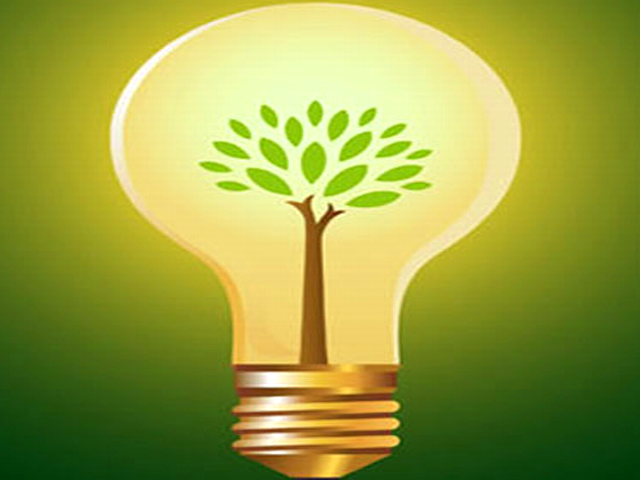Romania as an Energy Hub
The creation of an Energy Union is among the priorities of the European Commission for 2014-2019.

Corina Cristea, 14.08.2015, 11:32
The creation of an Energy Union is among the priorities of the European Commission for 2014-2019, as mentioned by the Commisions president, Jean-Claude Junker right at the beginning of his term. The project is ambitious, so more so as the Union is the greatest world importer of energy, with over half of the total of energy consumed. The tendency for this percentage, around 70%, has been to go up in the last 15 years. The so-called gas crises caused by the conflict between Russia and Ukraine, back in 2006 and 2009, along with the uncertainty at the border between the two states, increase the need for the EU to provide its own energy security, emphasizing the risks entailed by reliance on Russian gas.
In April last year, the Polish EU delegation took a major step – it sent the European Commission and member states a roadmap for a European energy policy, outlining a few pillars: infrastructure, solidarity mechanisms, the consolidation of negotiating power for the EU and its member states with third parties, developing domestic sources of energy, diversifying sources of energy – especially oil and natural gas – and consolidating the Energy Community.
Warsaws position had been presented by the then PM of Poland, Donald Tusk, in an interview with the Financial Times, in which he said that excessive EU dependence on Russian gas is detrimental to the European alliance. Starting from the example of banking unity in the EU, Tusk said that the EU needs a common body in charge of energy procurement and the related negotiations, which would be a counterbalance to Russias monopoly position, and which at the same time would restore a strong competitive market.
The document was generally well received in Europe, supported even by the UK, which itself had sent the Commission proposals on strengthening energy cooperation, but did not convince everyone. Sceptics warned that such a plan would require excessive efforts, with questions being raised on the level of institutional confidence in terms of common storage or transacting in a so-called European energy basket.
For Bucharest, the Polish and British proposals had elements of major interest in terms of energy security, and could help Romania consolidate its position as an energy producer and hub in South East Europe. Together with Bulgaria, Hungary and Slovakia, Romania signed in May in Riga a joint declaration on regional interconnections for natural gas. The document was introduced as efforts were being made in Europe and the region to consolidate energy security. That confirmed the commitment of the four countries to the idea of an energy union, at the same time promoting projects for energy infrastructure in CEE, financed with European funds, as explained by Romanian Foreign Minister Bogdan Aurescu:
Bogdan Aurescu: “First of all, it is very important that this text makes reference to the diversification of both natural gas sources and supply routes. Secondly, it makes reference to the EC proposal to create an Energy Union. And, last but not least, its main aim is to promote this implementation of interconnection in a bi-directional system between the states who signed this joint declaration.
Much less dependent on Russian gas than other EU states, Romania could become a major energy hub, as emphasized at a conference organized by the European Parliament on Romanian Energy Day. Here is Cerasela Radulescu, RR correspondent in Brussels, with a synthesis of the remarks made at this event, attended by experts, Romanian MEPs, and EC officials:
Cerasela Radulescu: “Europes aging energy infrastructure, the less than integrated energy markets, especially cross-border markets, as well as the lack of coordination in national energy policies, often mean that Europeans and EU companies dont get the benefit of greater choice or better prices, as concluded by the EU executive when it issued its ambitious project of creating an Energy Union. We should also mention that six member states rely on a single foreign supplier for all their gas imports, namely on Russia, and many of these countries are in CEE.
That is not the case for Romania, the organizers recalled, and added that Romania could become an important energy hub, especially with European investments in infrastructure.






























